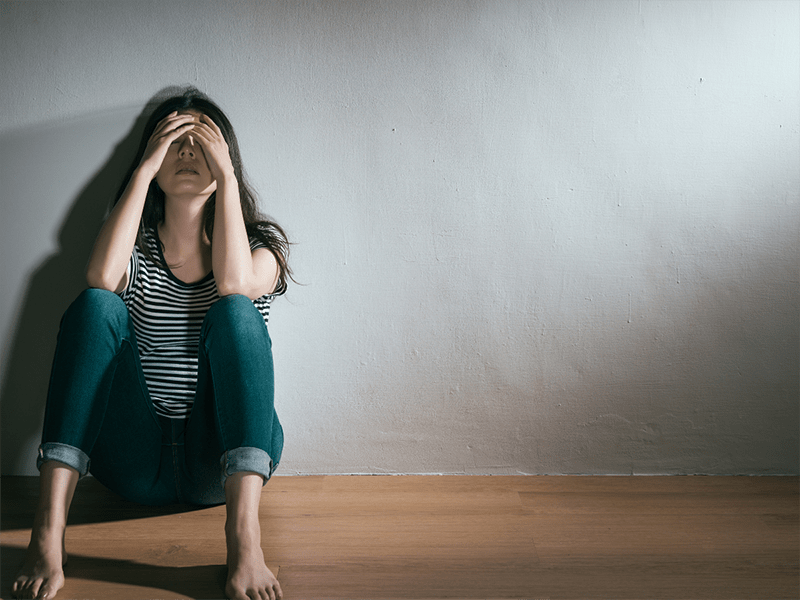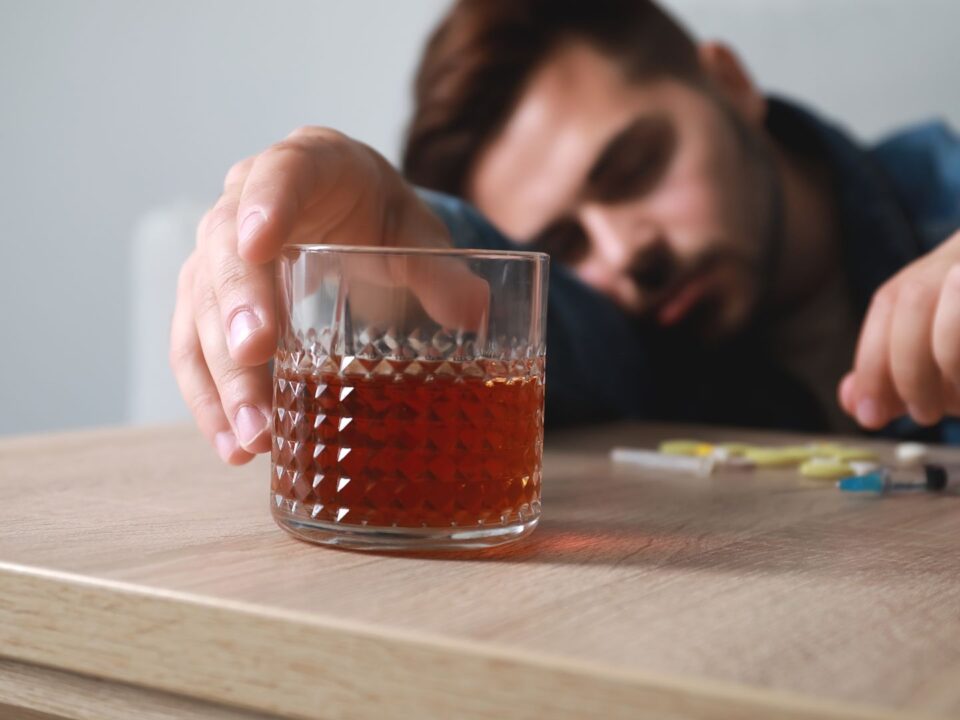
10 Tips For Managing Anxiety Disorder And Finding A Sense Of Calm
April 3, 2023
Top 7 Sober Activities in Kokomo, Indiana
April 3, 2023Depression can be an all-consuming and debilitating illness, one that affects not only your mental health but also your physical wellbeing. However, recognizing when it's time to seek help for depression can be difficult - after all, the signs are often subtle and easy to overlook. In this blog post, we'll explore some of the most common signals that indicate it's time to take action against depression.
From changes in mood and behavior to symptoms such as fatigue or loss of interest in activities you once enjoyed, First City Mental Health is here to help. We have skilled licensed providers and therapists ready to help you every step of the way. That’s why we are one of Kokomo, Indiana’s most sought after centers for mental health treatment.
If you're struggling with depression or know someone who is, read on to learn how you can recognize the signs and get the help you need today.
Recognizing when depression is impacting your life
If you're feeling down for more than a couple of weeks, or if your low mood is impacting your ability to function in your everyday life, it might be time to seek help for depression. Here are some signs that depression is affecting your life:
- You're struggling to get out of bed in the morning, or you're sleeping more than usual.
- You're not interested in activities that you used to enjoy.
- You're eating more or less than usual, and your weight has changed as a result.
- You're either agitated and restless, or you can't seem to summon up the energy to do anything at all.
- Your thoughts are negative and intrusive, and you're having difficulty concentrating on anything else.
- You feel hopeless and helpless, like there's no point in carrying on.
If any of these sound familiar, it's important to reach out for help from a doctor or mental health professional. Depression is a treatable condition, but it won't get better on its own – so don't hesitate to seek the help you need.
Signs and Symptoms of Depression
The signs and symptoms of depression can be hard to spot, especially if you’re not looking for them. But it’s important to be aware of the warning signs so you can get help if you need it.
Depression doesn’t just mean feeling sad or blue. It’s a real medical condition with real physical symptoms. Depression can cause a loss of interest in activities you used to enjoy, fatigue, changes in appetite, trouble sleeping, anxiety, and more.
If you’re experiencing any of these symptoms, it’s important to talk to your doctor or a mental health professional. They can help you figure out if what you’re experiencing is depression and, if so, develop a treatment plan to help you feel better.
Who Is Affected by Depression?
Depression is a mental illness that can affect anyone at any age. While it is most common in adults, it can also affect children and adolescents. Depression is more than just feeling sad or down; it is a persistent feeling of hopelessness and despair that can last for weeks, months, or even years. If you are experiencing these symptoms, it is important to seek help from a mental health professional.
Depression affects not only the person with the disorder, but also their family and friends. Depression can lead to strained relationships, social isolation, and difficulty functioning at work or school. If you are depressed, you may find it hard to take care of yourself and your responsibilities. You may also withdraw from your loved ones and lose interest in activities that you used to enjoy.
If you think you may be depressed, talk to your doctor or a mental health professional. They can help you get the treatment you need to feel better.
What Causes Depression?
Depression is a complex mental illness that can be caused by a variety of factors. While there is no single cause of depression, there are several potential contributing factors, including genetic vulnerability, brain chemistry, and life events.
Depression often runs in families, which suggests that genes may play a role in its development. However, it is not yet known exactly which genes are involved. It is also thought that changes in brain chemistry may contribute to depression. Certain neurotransmitters, such as serotonin and norepinephrine, play an important role in regulating mood. When these chemicals are out of balance, it can lead to feelings of sadness and despair. Life events, such as the death of a loved one or a job loss, can also trigger depression. Even positive life changes, such as getting married or having a baby, can sometimes be stressful and lead to depression.
When to Seek Help for Depression
If you're experiencing any of the following signs and symptoms for more than two weeks, it's time to seek professional help for your depression:
- Feeling sad or down most of the time
- Losing interest in activities that used to bring you joy
- Feeling hopeless, helpless, or worthless
- Having difficulty concentrating or making decisions
- Sleeping too much or too little
- Overeating or appetite loss
- Feeling tired all the time
- Experiencing physical aches and pains with no apparent cause
- Thinking about death or suicide
Treatment Options and Resources
When it comes to treatment options for depression, there is no one-size-fits-all approach. There are a variety of different treatment options available, including medication, therapy, and self-care.
If you are considering medication for your depression, our staff can help with managing and monitoring medications. Therapy is also an extremely effective treatment for depression. Cognitive behavioral therapy (CBT) is a type of therapy that has been shown to be particularly effective in treating depression.
Self-care is also an important part of treating depression. There are a number of things you can do on your own to help manage your depression symptoms. Exercise, relaxation techniques, and journaling can all be helpful in managing depression. You can also find support from friends and family or online support groups.
Coping Mechanisms to Help Manage Symptoms
There are a number of coping mechanisms that can help manage symptoms of depression. Some people find that exercise, relaxation techniques, and/or journaling can help them cope with their depression. Others may find that medication, therapy, or a combination of both is necessary to manage their symptoms.
It is important to find what works best for you and to stick with it. This may require some trial and error, but it will be worth it in the long run. Remember, you are not alone in this battle. There are many resources available to help you cope with your depression.
Conclusion: Taking the First Step Toward a Better Life
When you're struggling with depression, it can be hard to know when to seek professional help. If your depression is interfering with your ability to function in your day-to-day life, it may be time to seek out treatment. Here are some signs that it might be time to get help:
- You're not enjoying activities that used to bring you joy.
- You're sleeping too much or too little.
- You're not eating or you're overeating.
- You're feeling hopeless and helpless.
- You're having thoughts of harming yourself or others.
If you identify with any of these signs or symptoms, don't hesitate to reach out for help!
Call us anytime to speak with our admissions team. 877-679-2964 or email us at MH@firstcityrecoverycenter.com






